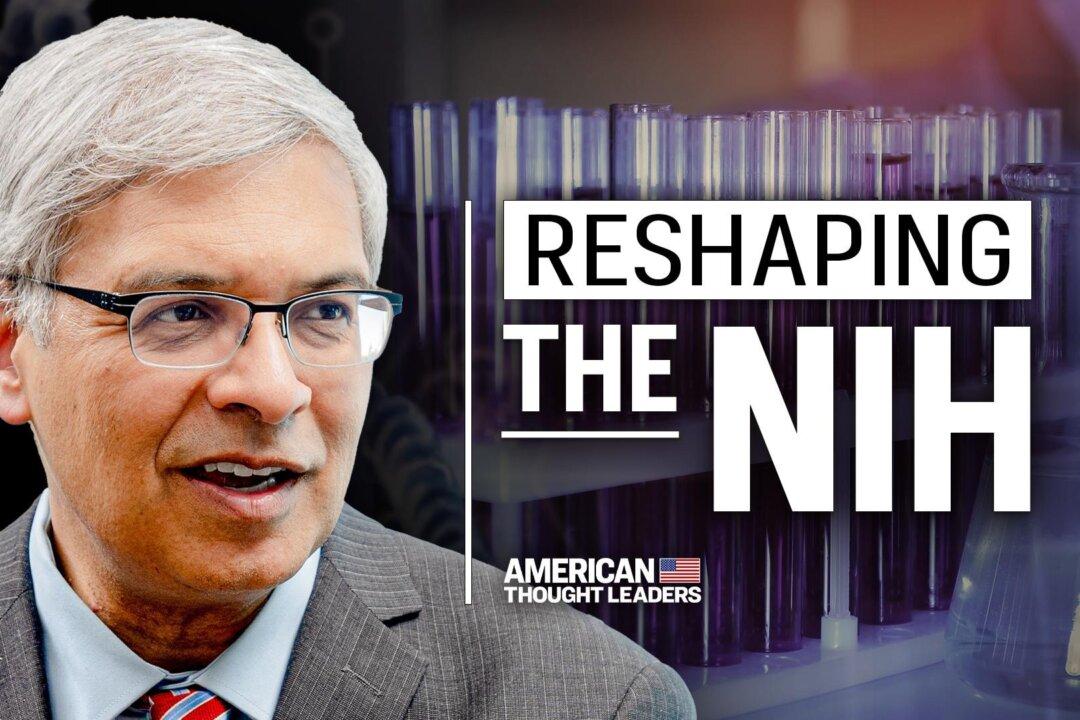“Most people, unfortunately, human nature being what it is,” Victor Davis Hanson said, “are more apt to be impressed with displays of power than they are with humanity, and that’s where we are.”
In two recent episodes of “American Thought Leaders,” host Jan Jekielek sat down with classicist, historian, and commentator Victor Davis Hanson to discuss Vladimir Putin’s possible goals in Ukraine, the resistance by Volodymyr Zelenskyy and the Ukrainians, the position of China in this war, and U.S. leadership.






